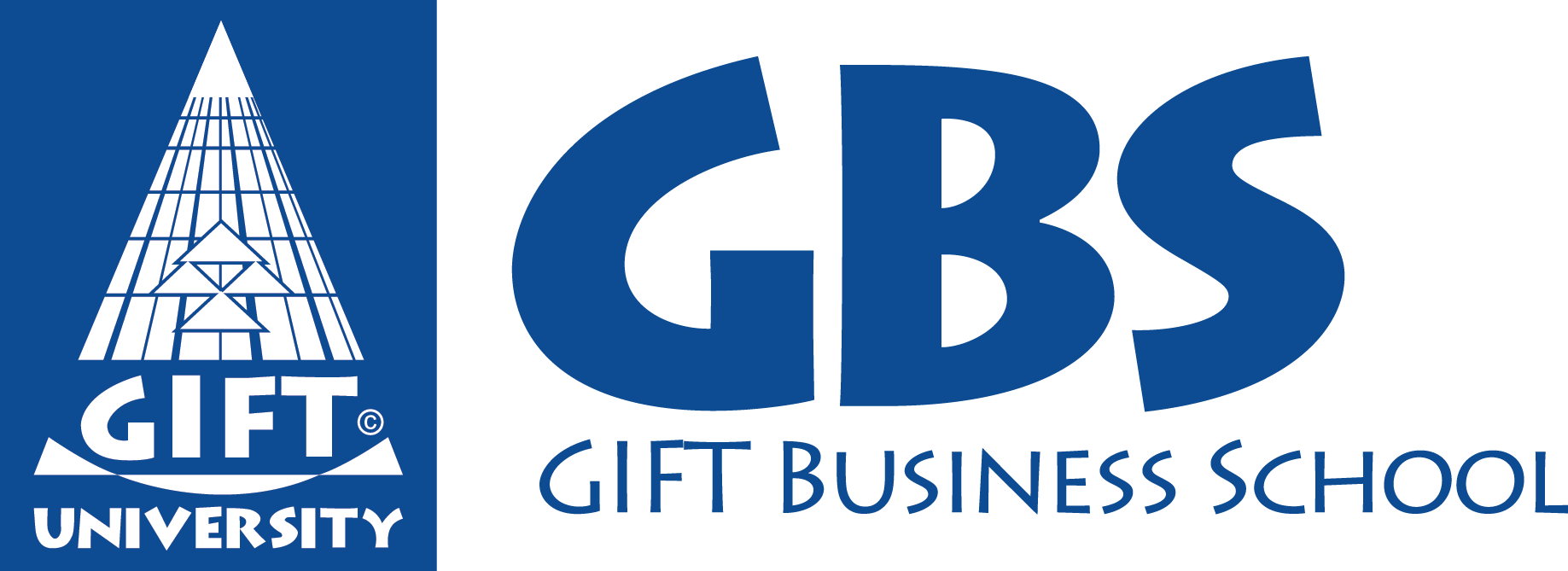Making a list of ten things you are grateful for each morning is a great way to start off the day in a positive way. From new shoes to just having shoes to wear, when we sit and take a look there really is so much to be grateful for each day. Research into the benefits of regular gratitude practices shows an increase in the body’s ability to fight illness including reducing the risk of heart failure.
Giving thanks can make you happier – Harvard Health
Giving thanks can make you happier.
Posted: Sat, 14 Aug 2021 07:00:00 GMT [source]
Ready to Get Started on Your Journey to Long-Term Recovery?
- Recovery is a difficult process, and you’ll likely face challenges.
- Regardless of how you got to where you are, you are here now, on the pathway to recovery.
- It’s a simple but effective way to acknowledge the efforts of those around us and recognize the positive impact they have on our lives.
Gratitude works by shifting our thoughts away from what we lack towards what we have, creating feelings of positivity and happiness. People who practice gratitude tend to be more optimistic, empathetic, and resilient. It helps us see life through a different lens, and it doesn’t take much effort to cultivate this mindset. You can give thanks for the https://ecosoberhouse.com/ people in your life, the experiences you’ve had, and the progress you’ve made during your recovery. However, if you don’t take time out of your day to deliberately practice gratitude, it is easy to forget what you have to be thankful for. Thankfully, nurturing a daily gratitude practice is simple, and it can be woven into your day-to-day life.

What Life Looks Like with Gratitude
- The Journal of Value Inquiry,47 (3), … Continue reading What they lead back to is thankfulness for what you have and where you are in life.
- Gratitude is something that will stay with you for a lifetime if you take the time to practice it.
- Research has found that gratitude practice reduces psychological distress, such as stress, anxiety, depression, and anger.
- It is not just a verbal expression but a mental attitude that can be cultivated and practiced daily.
- Figuring that out is a natural first step in the mindful gratitude journey.
Instead of dwelling on what’s missing, gratitude illuminates the blessings that already grace our lives. In the context of substance use recovery, this shift can be revolutionary. You could draw, write, paint, garden, smith, smash pumpkins, whatever. Get in touch with your creative side, especially if you haven’t before.
Myth 2: Gratitude is just a naive form of positive thinking
While medical treatment is essential to address these issues, gratitude may also play a role in improving your physical well-being. Research has found that gratitude can lower blood pressure, improve immune function, reduce inflammation, and promote better sleep. These can help you heal from the effects of addiction and prevent further complications.
What are the benefits of cultivating a thankful mindset in addiction recovery?
- On those days, try to go through the motions anyway to avoid breaking your new habit.
- Having a sense of gratitude replaces embarrassment and frustration with thankfulness.
- Like this nurse, though, I was motivated by seeing how important and special I was to my patients.
- In recovery, the brain begins to heal and as it heals, with practice, selfishness and other damaging attitudes begin to fade away.
- Try to think of similar questions that may put a positive spin on negative experiences.
- When you’re struggling, you can reach for your gratitude journal or reminders to rebalance yourself.
Still, readers will hopefully come away from the book motivated to experiment with new ways of working and living to help them stay happy and well. Recovery shouldn’t only be reactive—when we’re so burned out that our body forces us to rest; instead, we should “regularly and consistently recover from our work stress,” Wiens says. The best way to do this is through self-care practices like microbreaks (taking small breaks throughout the day), having fun, and socializing, each serving as a way to recharge.
Gratitude is one of the most powerful things that you can include in your recovery. But in several other ways, it requires you to actively put in the effort. At the beginning of your addiction treatment, you may not be thinking of much else outside of how you feel physically. In recovery, we are given the space to be grateful, but it still takes time to practice and train the mind to notice and cherish the beauty in life.
Gratitude Practice for Nurses
Gratitude in addiction recovery involves noticing and appreciating the positives in life, including health, friends, achievements, and even challenges. It’s a mindset that can be cultivated daily, shifting focus from negativity to celebrating blessings. This practice supports overall well-being and aids in the journey to lasting sobriety. Gratitude is a powerful force that can drive positive change in people’s lives.
By practicing gratitude during recovery, you not only boost your resilience in times of hardship but also lay the foundation for long-term success in all areas of life. Gratitude can show others that you do not take your second chance at life for granted. By expressing thankfulness for everything you have in your life, you why is gratitude important in recovery can shift your mindset from focusing on what you lack to appreciating all the wonderful things you have going for you. Chances are if you have been in recovery for more than a day or two, you have heard someone talk about gratitude. As a core principle of many recovery programs, the word gratitude gets thrown around a lot.
